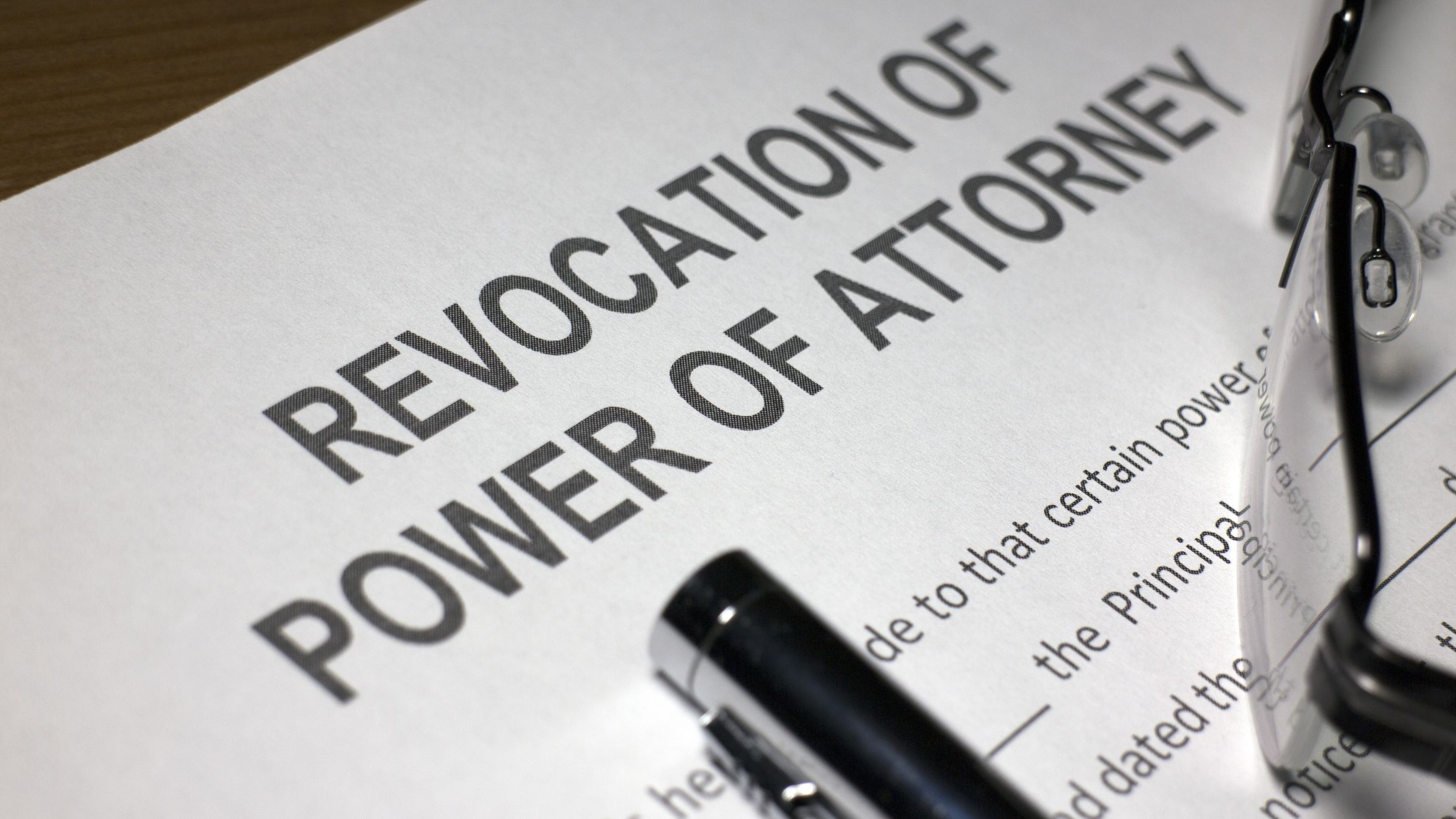
A power of attorney (POA) gives someone legal authority to act on your behalf, but it doesn’t have to last forever. If your situation or relationship changes, you may wish to cancel that authority. While Arizona law makes provisions for revoking a power of attorney, you must handle the process carefully.
When Can You Revoke a Power of Attorney in Arizona?
Arizona law allows you to rescind a POA at any time, as long as you are mentally competent. This means you must understand what the document does and the effect of revoking it. A power of attorney also terminates automatically upon your death or if the agent resigns, becomes incapacitated, or dies without a named successor. If none of those circumstances apply to your situation, you must take formal steps to revoke the authority you previously granted.
How to Revoke a Power of Attorney
Follow these steps when pursuing the revocation of a power of attorney in Arizona:
- Prepare a written revocation – Draft a document stating that you are revoking the specific power of attorney. Include your name, the agent’s name, and the date the original document was signed. Keep in mind that if there are concerns about your mental capacity, the courts must decide your competency before a revocation becomes official.
- Sign, date, and notarize the revocation – You must sign and date the revocation document and bring it to a notary public, along with a witness. Both of you should have a photo ID as well.
- Destroy copies of the old POA – Collect and destroy all known copies of the original power of attorney if possible. Retain one copy for your records, writing “revoke” at the top of the document.
Notifying the Agent and Third Parties
Once you revoke a power of attorney, you must notify the former agent in writing. It’s also important to inform any banks, financial institutions, health care providers, or others who may have relied on the original POA. Provide them with copies of the revocation to prevent unauthorized actions by the former agent and a new POA, if you have one.
What Happens After Revocation of the POA?
Revoking a power of attorney removes the former agent’s legal authority to act on your behalf. However, third parties may still act according to the original document if they aren’t aware of the revocation. That’s why written notice is essential.
If the revoked POA was recorded with the county recorder, you should also notify the recorder’s office of the revocation. Doing so makes the revocation part of the public record. In some cases, a court may need to intervene if the former agent continues to act on your behalf or a dispute arises. Keeping documentation can help if questions arise about the revocation’s validity.
Contact an Arizona Estate Planning Attorney Today
If you’re considering revoking a power of attorney in Arizona, the Arizona estate planning attorneys at Pennington Law, PLLC can help you take the necessary steps to reduce the risk of confusion or disputes. We can also review your current documents and help you create a new POA that fits your needs. Contact us today for a free consultation with an experienced lawyer.

